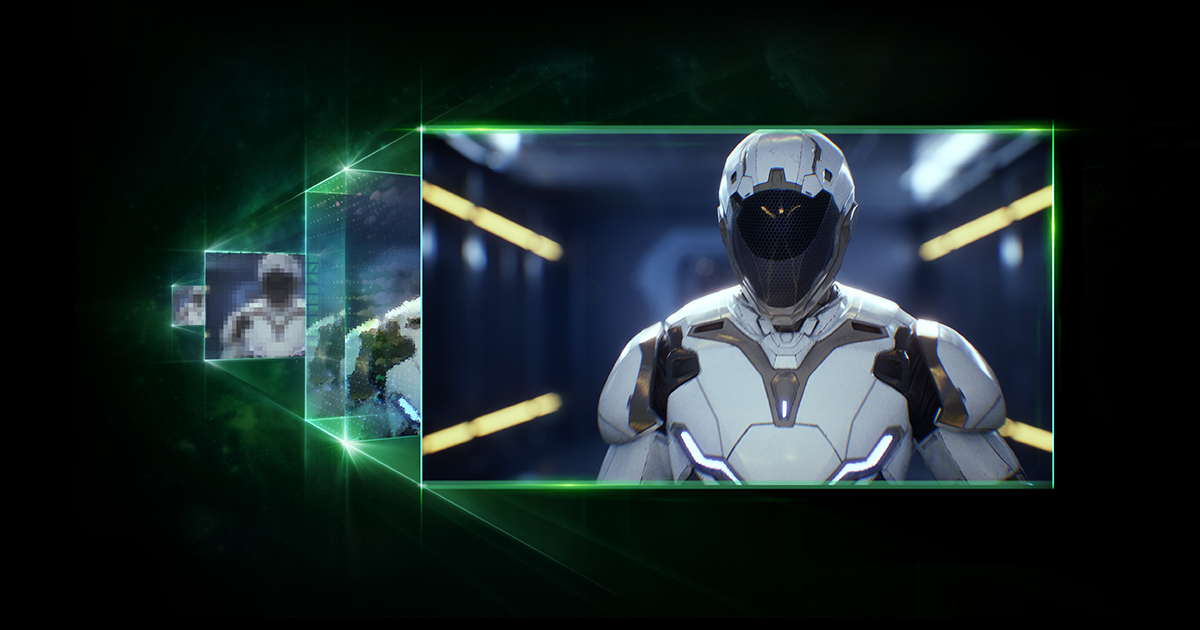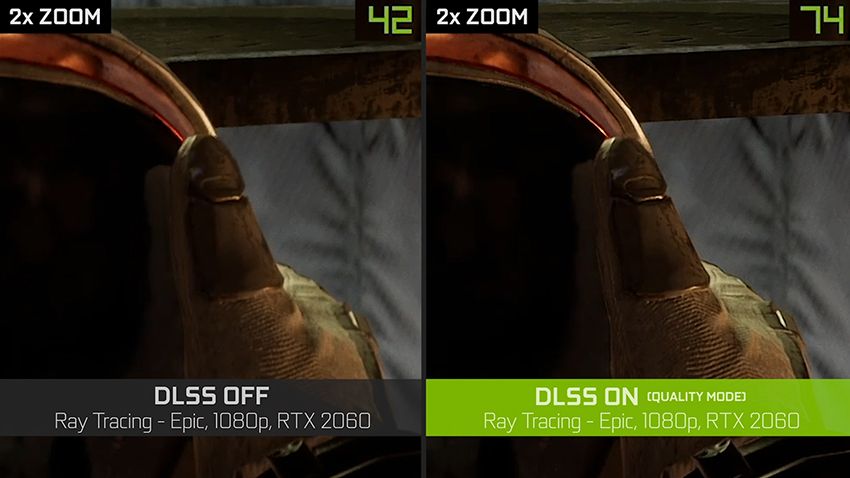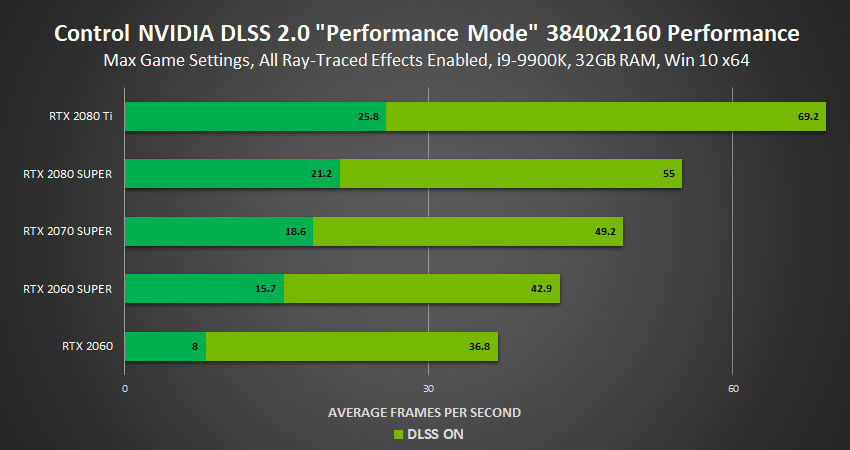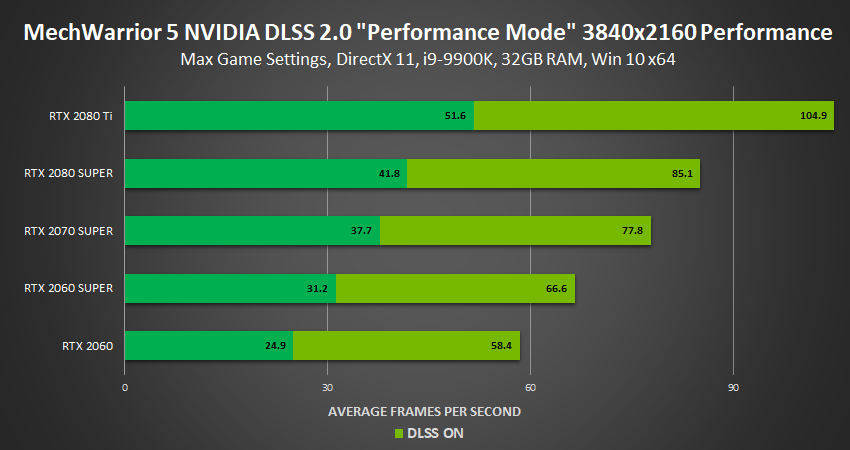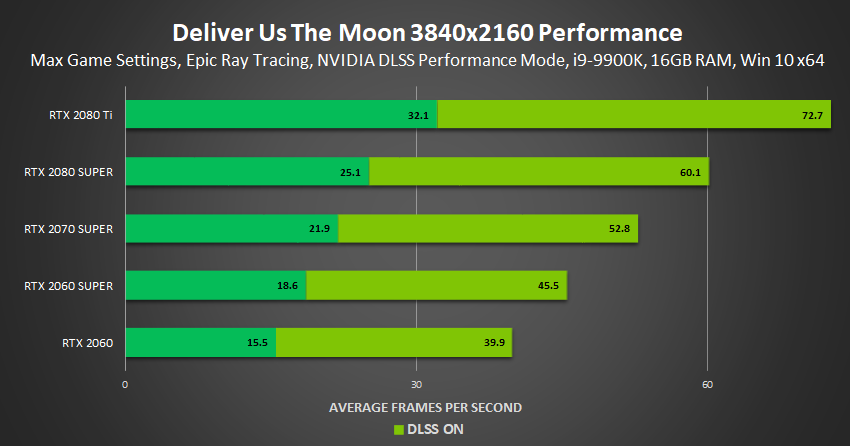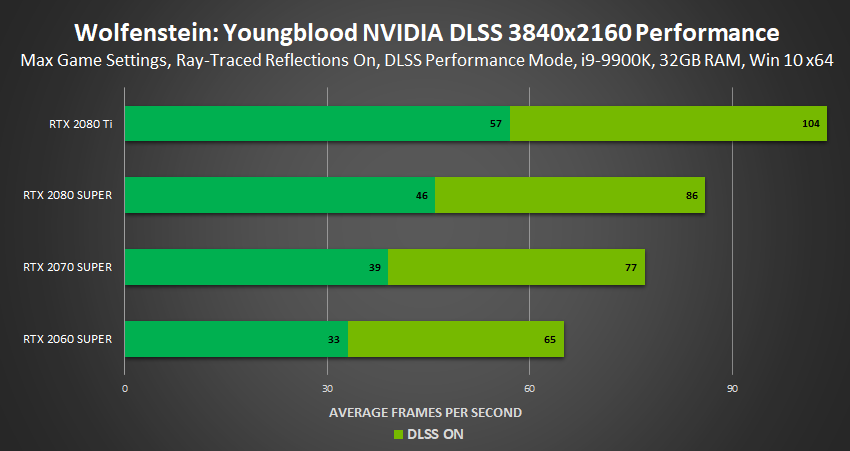- Joined
- Dec 11, 2018
- Messages
- 1,237
- Trophies
- 0
NVIDIA introduced a new super sampling technique in September 2019. DLSS launched with their Turing based cards. Using AI and deep learning the new process essentially samples images at a lower resolution and then scales them to the desired resolution. This is accomplished thru the Tensor cores of the RTX line. In theory it can offer increased frame rates by decreasing the workload on the GPU at higher resolutions. The initial launch was less than spectacular and actually cast a shadow of doubt for DLSS as a long-term solution. Users quickly noticed significant blurring on one launch title in particular, Metro Exodus. As many other sites, and users, began to compare, and question, DLSS NVIDIA has worked on improvements.
This next iteration of DLSS is currently being referred to DLSS 2.0. It should be noted that this new SDK is not compatible with the first generation. This means that developers who already implemented it would need to update a game in order to use it. Presently there are two games that have it. Wolfenstein: Youngblood and Deliver us the Moon. Deliver us the Moon has gained wide recognition for its use of both ray tracing and DLSS. DSOG, via VideoCardz, has come across confirmation of two games getting updated with it.
DLSS without ray tracing
An interesting twist with DLSS is that it does not always require NVIDIA’s other RTX feature to be used. DLSS was initially launched as a way to help compensate for the intensive calculations needed for ray tracing. At least one game has shown that DLSS can be used without ray tracing. Monster Hunter World incorporated DLSS which boasted improved framerates by up to 50%. Some titles will let you turn off ray tracing while leaving DLSS on as well. DLSS remains controversial but sites like Techspot have already noted the many improvements made since launch.
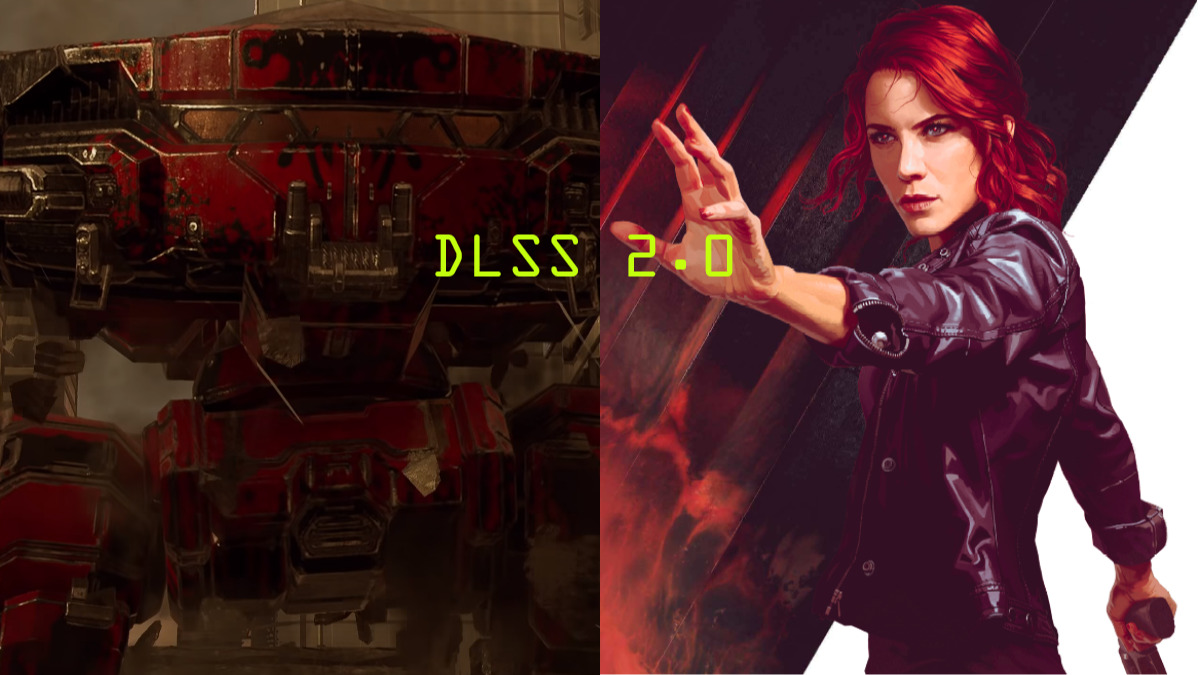
NVIDIA’s DLSS 2.0 Is Getting Added to More Games as Mechwarrior 5 and Control to Get Updated with It
NVIDIA introduced a new super sampling technique in September 2019. It launched with their Turing based cards and the next iteration is DLSS 2.0.
